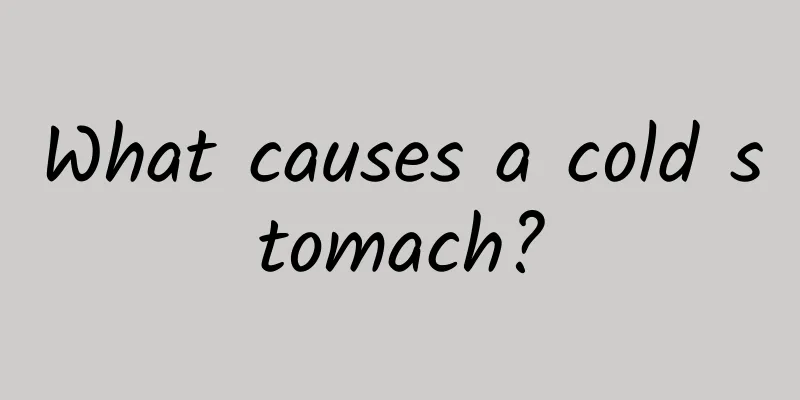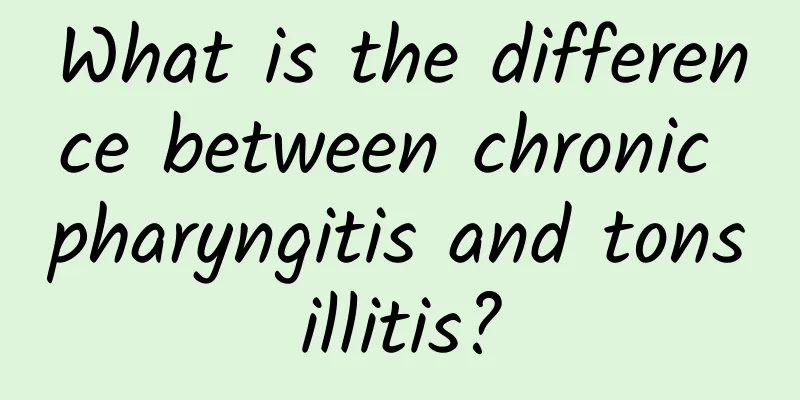How to correct spinal deformity effectively

|
The spine is an important pillar of the human body. It is formed by layers of vertebrae and intervertebral discs, and its structure is relatively complex. In daily life, if you have an incorrect sitting posture or lack of outdoor activities, it is easy to cause spinal deformity. There are several ways to correct spinal deformities, but it depends on the type of deformity. Treatment: 1. For S-type scoliosis, you first need to take X-rays and other examinations to determine whether it is primary scoliosis or secondary scoliosis. For secondary scoliosis (there is no structural and progressive change in the spinal bone structure), such as postural scoliosis or unequal length of the lower limbs, these need to be treated, such as correcting bad posture and treating the unequal length of the lower limbs. In young years, this secondary scoliosis can be corrected by itself if it is mild. Primary scoliosis is divided into idiopathic scoliosis and congenital scoliosis. Some idiopathic scoliosis (epiphysis has not yet closed, adolescents) can be corrected with conservative treatments such as braces, electrical stimulation and gymnastics. Most and congenital scoliosis generally require surgery to correct. The indications are mainly determined by the Cobb angle of scoliosis. If the angle is less than 20 degrees at the initial diagnosis, conservative treatment and regular follow-up can be used. If the angle is between 20-30 degrees, surgical treatment is recommended. If the angle is above 30 degrees, non-surgical treatment such as brace therapy is required immediately. Surgical treatment is mainly suitable for cases that have not responded to treatment with braces, Cobb angle greater than 40 degrees, adult scoliosis, early low back pain, and vertebral rotational subluxation. The Harrington procedure is often used. 2. Manual reduction: It can remove ligament adhesion, improve muscle nutrition, strengthen muscle metabolism, and enhance muscle elasticity. It can dredge meridians, improve blood circulation, and soften soft tissues and ligaments. 3. Traction: It can increase the space between vertebrae and separate the adhesion tissues, thus achieving the purpose of reduction. 4. Brace fixation: After traction, use necessary braces to force the repositioned spine to remain stable and unchanged without retraction, and also have the effect of expanding the intervertebral space. 5. Electrotherapy: Electromagnetic therapy is used to increase the absorption function of the lesion site, improve blood circulation, peel off tissue adhesions and prevent re-adhesion. 6. Medicine: Different medicines and dosages are used to assist in the treatment according to different conditions and patient constitutions. |
<<: Treatment of undifferentiated spondyloarthropathies is
>>: How to treat seronegative spondyloarthropathies
Recommend
The cauda equina compresses the nerves
Cauda equina injury is a difficult problem in the...
How to treat suppurative pharyngitis? What fruits can help?
Purulent pharyngitis is a more serious symptom of...
What causes small red rashes on the abdomen?
In daily life, small rashes appearing on the bell...
What should I do if I have stomachache and diarrhea? Treatment and prevention of abdominal pain and diarrhea
Abdominal pain and diarrhea are symptoms that man...
Don’t be scared by gallstones! Which method of treating gallstones is suitable for you?
Gallstones, also known as gallbladder stones, are...
What to do if your menstrual flow is light? TCM has some tips
For female friends, a decrease in menstrual volum...
What is the method of making Fengliu fruit wine?
The method of soaking Fengliu fruit in wine requi...
Effects and functions of Dikuro
There are many functions and effects of Diku Luo,...
What causes bone deformation?
Although bones appear to be a very hard substance...
Symptoms of a facial stroke
Stroke is a well-known disease, and most people k...
Deep vein thrombosis
Guidance: Hello, the situation you are talking ab...
Vulvar bleeding and pain
Vulvar bleeding and pain are mainly caused by vag...
What is the TCM diagnosis of dizziness?
Dizziness is a common physical symptom in life. S...
My chest is very cold
Pregnant women need to stay in confinement after ...
How to treat snake gall bladder sore
There are many common diseases in life. After the...









